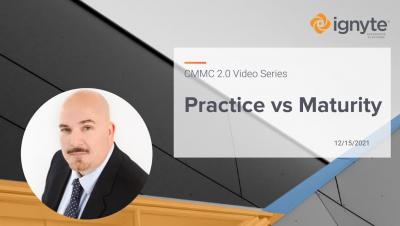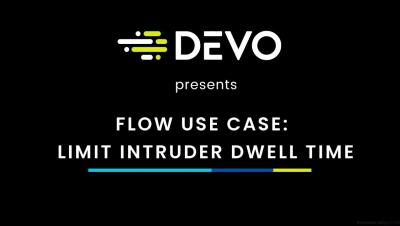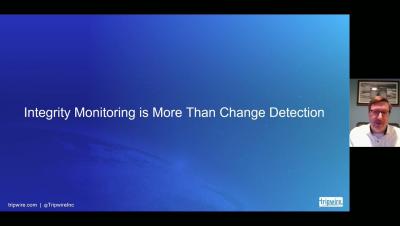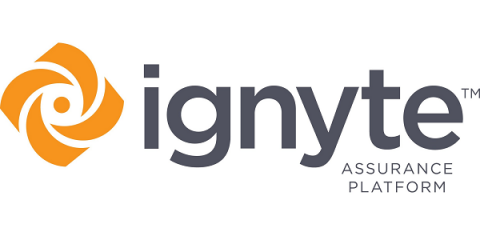Security | Threat Detection | Cyberattacks | DevSecOps | Compliance
Security
58% of Orgs Are Using a Vulnerable Version of Log4j
On December 9, 2021, a zero-day vulnerability in Log4j 2.x was discovered. This vulnerability is of great concern because if it’s successfully exploited, attackers are able to perform a RCE (Remote Code Execution) attack and compromise the affected server. Since we are a cloud-based Software Composition Analysis (SCA) provider, we have useful customer data that gives insight into the scope of the Log4j vulnerability.
Flow Use Case: Limit Intruder Dwell Time
Building a Foundation for Zero Trust
Addressing Log4j2 Vulnerabilities: How Tripwire Can Help
On December 9th 2021, Apache published a zero-day vulnerability (CVE-2021-44228) for Apache Log4j being referred to as “Log4Shell.” This vulnerability has been classified as “Critical” with a CVSS score of 10, allowing for Remote Code Execution with system-level privileges. If you are currently working to identify instances of this vulnerability, Tripwire can help.
Cybersecurity Standards, Ransomware, and Zero Trust: 3 Key Considerations for the UK Government
In September 2021, Tripwire released its annual report to examine the actions taken by the U.S. federal government to improve cybersecurity. The report also looks at non-government organizations so that we may catch a glimpse of the differing views and approaches of each, which makes for interesting (and revealing) insights.
Close Out Construction Projects Without the Administrative Hassle
Properly closing out construction projects can be a major administrative hassle that takes time away from more productive tasks. Not only do you have to identify and retain your contracts, warranties, and proof of completions, but you also must remove team members who no longer require access to systems and folders. It’s typically a very manual process—but it doesn’t have to be.
Easily Find and Secure Sensitive Data in Gmail with Egnyte
Gmail is an immensely popular service, with nearly 2 billion active accounts. And as the service has grown, businesses have turned to it for all kinds of things it was never meant to do: user authentication, password recovery, and perhaps most problematic, the passing of sensitive or regulated data between parties.
Creating a custom Temporal data convertor for encryption
Nightfall is a data security vendor that integrates with our customers’ third party applications (Slack, Google Drive, Github, Jira etc) to, on a continuous real-time basis, scan all content being added to these applications for sensitive data.
CMMC 2.0 L1 & L2 Scoping Guidance Explained
Aaron McCray, Ignyte’s Chief Operating Officer, is giving a brief overview of the changes to CMMC 2.0, and more specifically its Practice levels vs Maturity levels in the video below. Aaron is a commercial risk management leader by trade and a Commander in the U.S. Navy Reserves.










